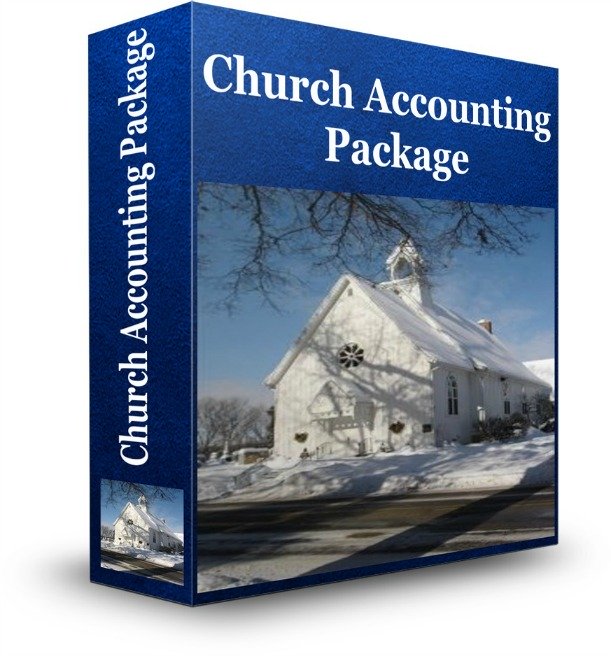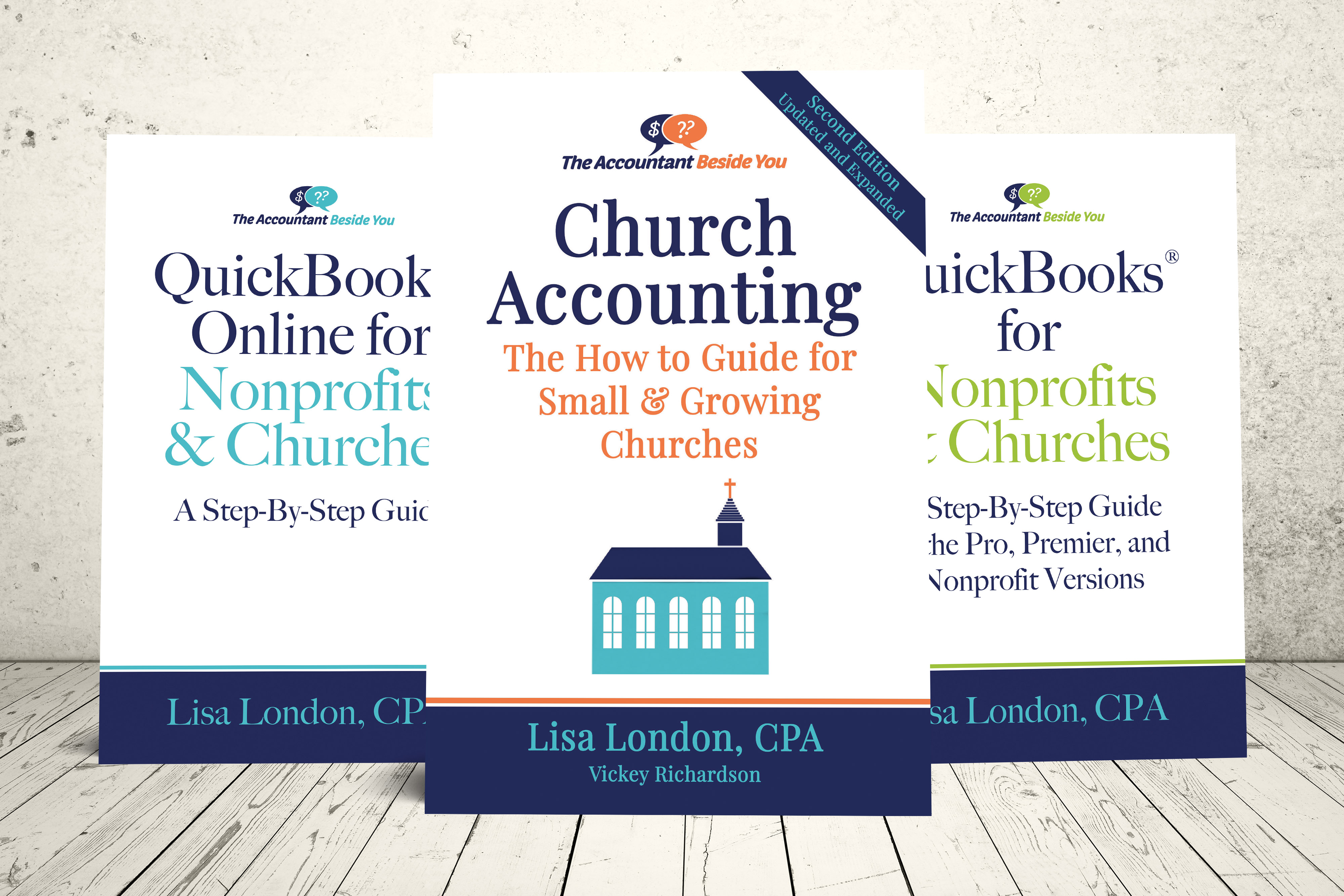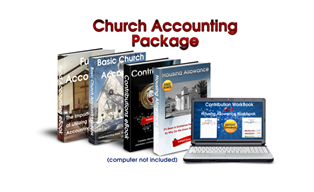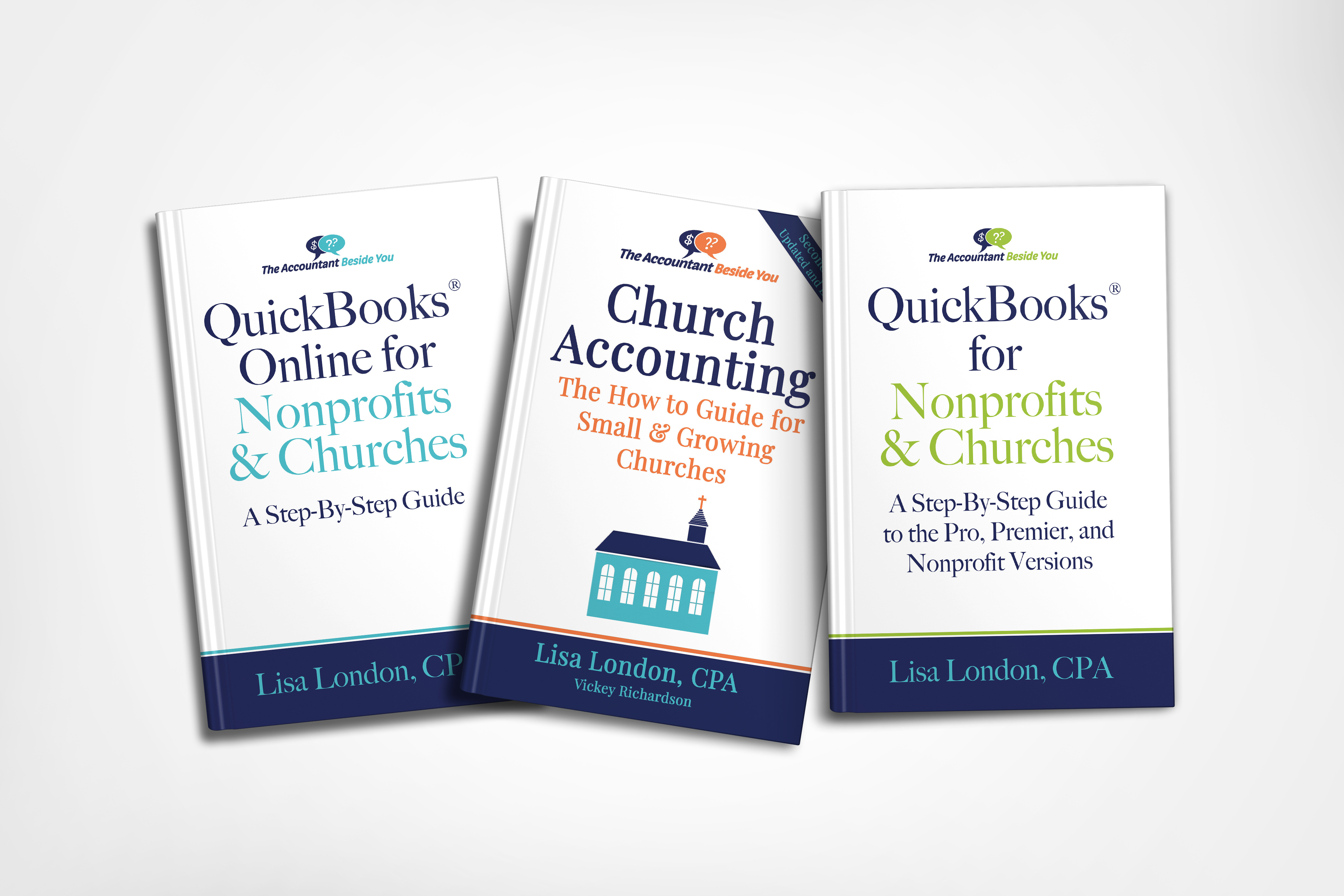(Minister) Clergy Tax
Properly Handling Minister's Paycheck
How to properly handle clergy taxes and compensation is always a big concern for churches. Some questions I am always asked regarding clergy taxes is:
1) Do pastors pay taxes? Depends =) See more below...
2) Is the church required to hold out federal and state income tax from a minister's paycheck? No...but they can ask for voluntary withholding to help with their self employment and income taxes. See more below.
3) How about FICA (social security and medicare taxes) withholding? Not for a minister =) They are considered self employed for social security purposes. More below!
4) Is the church required to match the FICA tax for a ministere? No.
5) Is their compensation taxable? Most of it =)
6) What is the SECA system? The Seca system is how ministers pay their SS tax. More below.
A minister's tax situation is unique and as church administrators residing in the United States, it is imperative that we know the IRS's tax laws regarding minister or clergy taxes and how to properly handle their payroll! Don't think because you use a payroll service that it is being handled correctly, many many times ...it is not.
But first and foremost.....

Coupon!
Here is a 10% discount code for all the ebooks, spreadsheets, and packages on this site:
FCA
Note: click on "PACKAGES" in the top navigation bar for a list of all of the ebook and spreadsheet packages on this site!
Factors to Consider Regarding Clergy Tax:
The Church Accounting: How To Guide devotes a whole section of the book to payroll for churches. It covers payroll terminology and forms and then takes you through the steps necessary to set up a payroll, calculate and file the necessary taxes and forms, and even details how to handle the minister's payroll. It also includes sections on filling out IRS forms: 1099-Misc, 1099-NEC, and 1096.
If you have QuickBooks or are considering using it in the future, go ahead and purchase the QuickBooks for Churches and the How To Guide combo for a complete package on setting up and administering a payroll using QuickBooks.
Clergy Tax Factor 1: Determination
In order to be classified a minister (clergy) for tax purposes, review and consider the following tests:
- MUST be licensed, ordained or commissioned (if this "test" is confirmed then you can consider the other 4 below)
- Administer the sacraments of the church (weddings, funerals, baptisms, and communion, etc...)
- Be considered a religious leader by the church
- Conduct religious worship
- Have management responsibilities in the church
NOTE: a Pastor is almost always considered a clergy for tax purposes.
Note: to be considered a minister for tax purposes an individual must be ordained, licensed or commissioned and able to answer “yes" to a majority of the other four tests.
Clergy Tax Factor 2: Special Tax Treatment
Clergy receive special tax treatment for the following three topics:
- Ministers pay their own self-employed tax.(Even
though ministers are almost always considered church employees, they are treated
as self-employed for Social Security and Medicare tax purposes. See more below)
- Ministers can receive a Housing Allowance and/or live in a church provided parsonage. (The value of both of these are excluded from a minister's calculation of income tax...but still subject to self-employment tax)
- Churches cannot withhold FICA tax from a minister's paycheck.
See IRS Topic 417 and Pub 517 for more clarification on minister's taxes.
Clergy Tax Factor 3: Self-employment Tax

Like I stated in the beginning of this article...ministers are unique and their compensation is handled differently from other church staff such as the secretary, treasurrer, nursery worker, etc. The IRS considers minister to have a 'dual status" when it comes to their employment status.
The IRS considers ministers to be employees of their churches for federal income tax purposes and self-employed for SS and Medicare purposes.
What this boils down to is that ministers pay their SS and Medicare taxes through the SECA system instead of the FICA system that most employees are under.
I know...you are scratching your head and wondering what in the world is SECA and FICA!
Well...let me try to spell out what those acronyms stand for and what the difference is between them...
- SECA is an acronym for the Self-Employment Contributions Act. It is the system that self-employed individuals pay their Social Security/Medicare taxes through.
- FICA is an acronym for the Federal Insurance Contributions Act. It is the system that MOST employees in the United States are under ... including your secretary, treasurer, nursery worker, etc.. With FICA the employee and the employer each pay half of the taxes.
No earnings are subject to both systems!
Ok...we have establish the fact that most ministers are under the SECA system ... if they meet the guidelines discussed earlier in this article.
So what does that mean to the individual handling their compensation?
It means that unlike your non-minister employees, your church cannot withhold half of the SS and Medicare tax from a minister employee’s paycheck. The church also does NOT match any FICA tax as none is held out.
Instead, a minister employee is responsible for paying his own self-employed tax. The self-employment tax consists of 12.4% for Social Security and 2.9% for Medicare (15.3% combined).
As a result, the minister employee actually pays twice as much Social Security and Medicare as a non-minister employee.
In most circumstances the amount of the minister’s income that is subject to the self-employment tax includes the base salary, the housing allowance, and the fair rental value of church provided housing, if any.
An example of what a minister could expect to pay in self-employment tax:
32,000 (base salary) plus and an additional $14,400 (housing allowance)= $46,400 times 15.3% =$7048 (Note: This amount does not include the minister's income tax)
Some churches will include a "Social Security Tax Allowance" or "SECA Allowance" in a minister's compensation package to help off set this burden. That is perfectly legal...BUT be aware that the "allowance" is taxable income and MUST be included in Box 1 of his W-2. So many churches figure that allowance at 9.8% of their salary {7.65% (half of their SE tax) plus the additional amount to help with the additional taxes they owe when their salary is increased}.
See an example of a Pastor's W-2 that has a SECA Allowance as part of the compensation package.
Church Accounting Package
A set of 2 ebook packages that covers the following topics...
- Fund accounting examples and explanations
- Difference between unrestricted and restricted funds
- Best methods for tracking restrictive funds
- Explanations and examples of financial statements for churches and nonprofits
- Minister compensation and taxes
- Payroll accounting and its complexities
- Much more - Click here for details

Clergy Tax Factor 4: Opting Out

A minister can opt out of paying in Social Security, but he must do it by the second year in which he earned more than $400 of ministerial income.
IRS Form 4361 must be used and it must be filed on the correct basis of religious belief. If approved by the IRS, only earnings from ministerial services are exempt from self-employment tax. Form 4361 indicates that once the exemption is approved, you cannot revoke it.
Clergy Tax Factor 5 - Withholding Taxes
A church can withhold income tax (at the minister requests), but not Social Security and Medicare tax. Let me repeat that...a church CANNOT withhold FICA from a qualifying minister's compensation.
As I stated earlier in this article, minister pays the Social Security and Medicare tax himself under the SECA system. He can pay this self employed tax by making quarterly estimated tax payments, or by requesting the church to hold out extra income tax.
The minister who is considered a church employee must complete a form W-4 and request that a specific amount be withheld from each paycheck.
For example, if a minister estimates that his combined income and self-employment tax for the year will be $9600. He can request that the church withhold $800 of income tax from each month's paycheck.
Even though the minister can only elect withholding of income taxes, he can use these tax payments against both income and self-employment tax since they are added together on his personal income tax return (Form 1040).
*Important: You cannot withhold taxes from ministers' pay without the minister's authorization. Ministers are exempt from income tax withholding whether they report their income taxes as employees or self-employed; ministers who report their income taxes as an employee can request voluntary withholding by submitting a Form W-4 to the church.
Q & A Section





